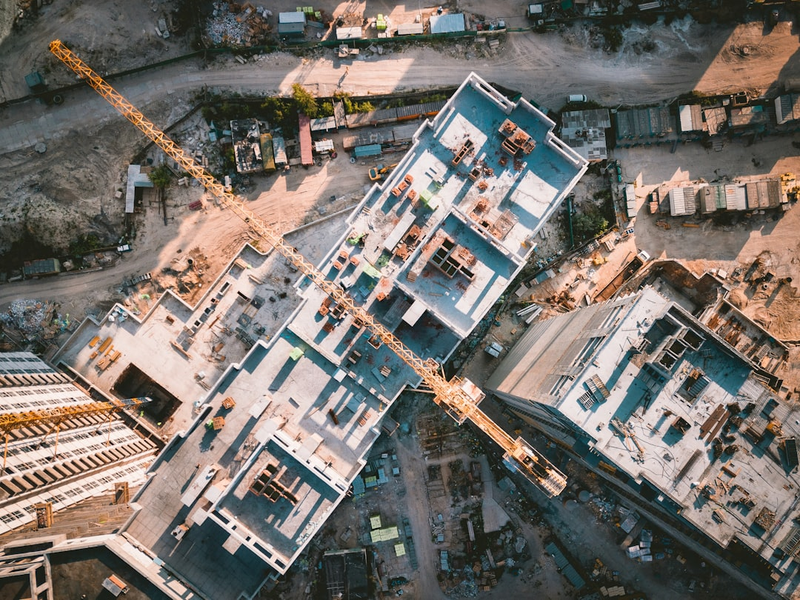California Just Made It Easier to Build Housing and Infrastructure: Here's What Changed

Photo by Ivan Bandura on Unsplash
California is about to see a major transformation in housing and infrastructure development. Governor Gavin Newsom signed two groundbreaking bills that will significantly simplify the permitting process for urban housing and infrastructure projects by providing exemptions to the California Environmental Quality Act (CEQA).
The new legislation, Assembly Bill 609 and Senate Bill 607, aims to address the state’s critical housing shortage. California has been struggling to meet its housing goals, with statewide housing production averaging under 100,000 units per year in the past decade, including less than 10,000 affordable housing units annually.
Assemblymember Buffy Wicks and State Senator Scott Wiener sponsored these bills to streamline development processes. AB 609 will allow housing project exemptions for sites up to 20 acres in urban areas, which is equivalent to about eight to ten city blocks. The bill includes specific provisions, such as air quality requirements for housing near freeways and restrictions on skyscraper developments.
SB 607 expands CEQA exceptions to various infrastructure projects, including energy, transportation, water, and semiconductor developments that meet specific environmental and labor standards. Notably, the bill explicitly excludes the controversial Delta Conveyance Project from these exemptions.
The California Department of Housing and Community Development has set an ambitious goal to build 2.5 million new homes by 2030, with at least one million designated as affordable housing. These legislative changes are designed to accelerate housing development and reduce bureaucratic obstacles.
Critics have raised concerns about potential safety blind spots, including wildfire risks, toxic substance management, and potential impacts on tribal cultural resources. However, proponents argue that the current CEQA process is overly complex and can actually hinder environmental progress by delaying housing that would allow people to live closer to their workplaces.
As California continues to grapple with housing affordability and infrastructure challenges, these new exemptions represent a significant step towards addressing the state’s long-standing development bottlenecks.
AUTHOR: mb
SOURCE: Local News Matters
























































